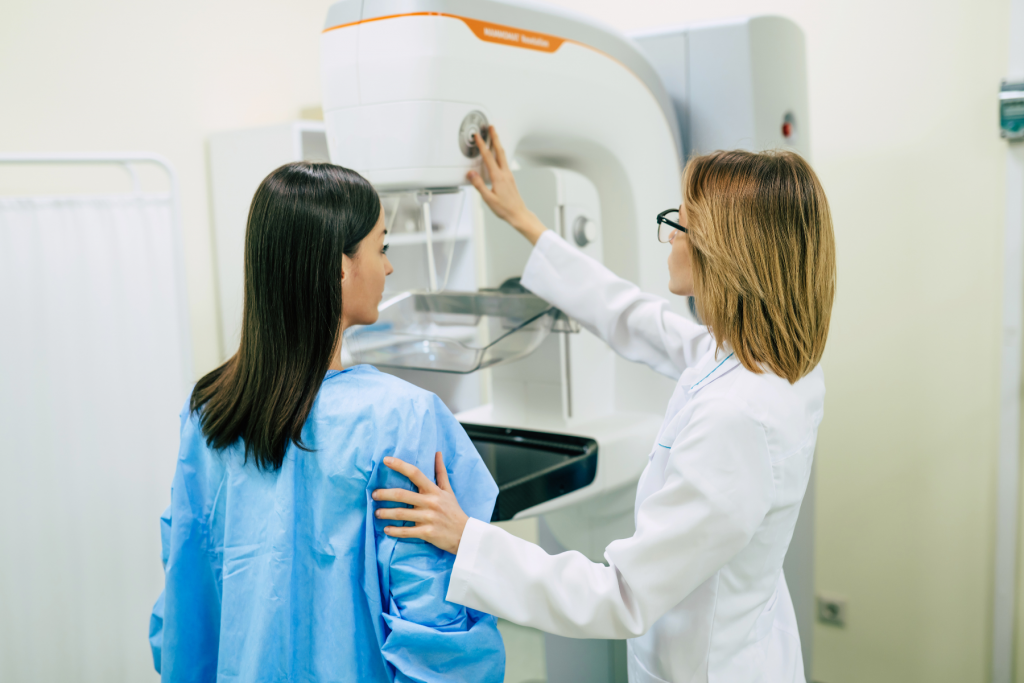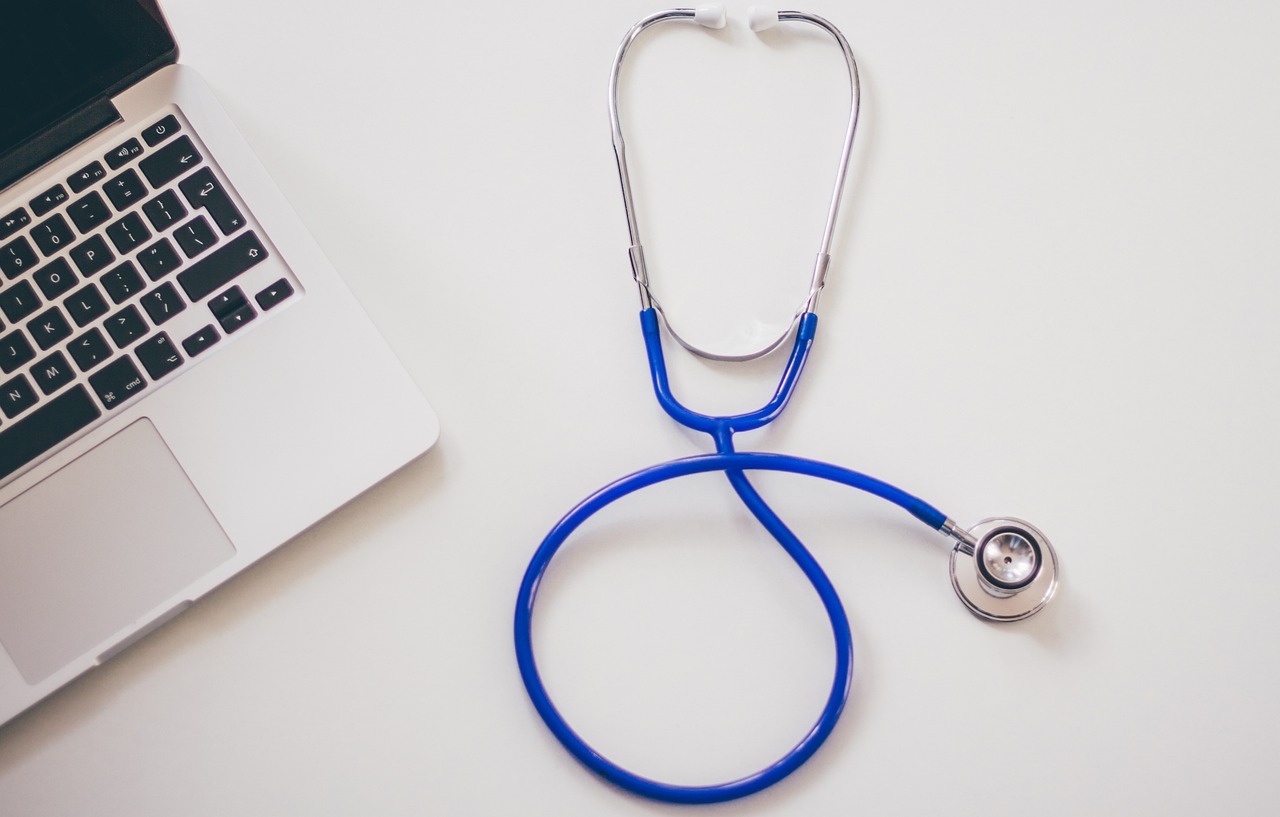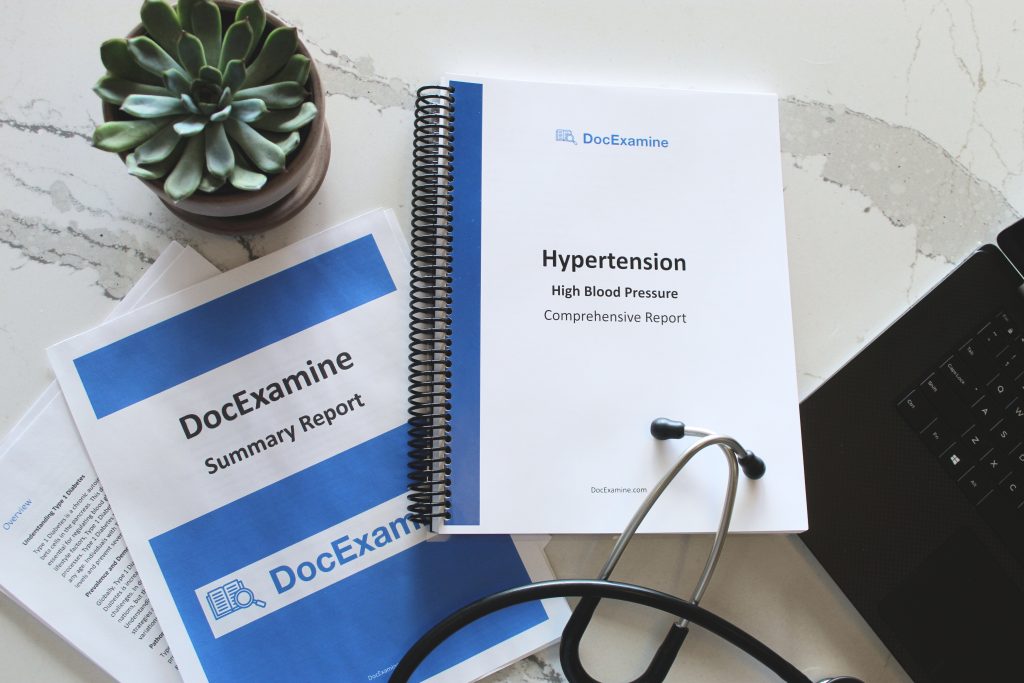
Breast cancer screening has come a long way in recent years. Early detection is vital, and today’s evolving landscape of imaging techniques is making it easier than ever for healthcare providers to identify potential issues early on. In this post, we explore the latest advancements in screening technology—from time-tested methods to innovative imaging techniques—designed to improve patient outcomes and offer greater peace of mind.
The Evolution of Mammography Screening
For decades, mammography screening has been the cornerstone of breast cancer detection. This tried-and-true method has saved countless lives by catching abnormalities before they become critical. However, as our understanding of breast cancer deepens, so does the need for more detailed and comprehensive imaging. Enter the new era of screening where traditional mammography is now complemented by more advanced tools.
Breaking New Ground with Digital Tomosynthesis
One of the most exciting advancements is digital tomosynthesis—a form of 3D mammography that provides a series of detailed images of the breast from multiple angles. This technique offers enhanced clarity, particularly for women with dense breast tissue, where traditional methods might fall short. By capturing the breast in thin slices, digital tomosynthesis not only improves detection accuracy but also reduces the need for follow-up tests, making the screening process both faster and more comfortable.
A Closer Look with MRI for Breast Cancer Screening
For individuals at higher risk, MRI for breast cancer screening has emerged as a powerful tool. Unlike mammography, MRI uses magnetic fields and radio waves to generate detailed images, revealing nuances that might otherwise be missed. This non-invasive approach is especially beneficial for those with a family history of breast cancer or genetic predispositions, ensuring that any potential issue is spotted early and managed proactively.
Supplementing with Ultrasound for Breast Cancer Detection
Another vital component in the modern screening arsenal is ultrasound for breast cancer detection. This technique is particularly useful as a supplement to mammography, providing real-time images that help distinguish between solid masses and fluid-filled cysts. Ultrasound offers an extra layer of insight, especially for patients with dense breasts, and can be a crucial step in ensuring that every potential concern is thoroughly evaluated.
Embracing Innovative Imaging Techniques
Collectively, these advances represent a shift toward more personalized and precise care. By integrating traditional methods with innovative imaging techniques, medical professionals can now tailor screening protocols to the unique needs of each patient. This personalized approach not only increases the accuracy of early detection but also enhances overall treatment planning, ultimately leading to better patient outcomes and a higher quality of life.

Looking Ahead
The future of breast cancer screening is bright. As technology continues to evolve, so too will the tools that empower both patients and physicians in the fight against breast cancer. Whether it’s through the improved resolution of digital tomosynthesis, the high sensitivity of MRI, or the added clarity provided by ultrasound, these breakthroughs are transforming how we detect and manage this disease. If you’re considering your screening options, consult with your healthcare provider to determine the best approach for your individual needs.
Learn More About Breast Cancer
- Spotting the Earliest Signs: Your Essential Guide to Breast Cancer Symptoms

- Innovations in Early Detection: How New Technologies Are Transforming Breast Cancer Screening

- Healing Beyond the Physical: Addressing Body Image and Mental Health After Breast Cancer

Resources
- American Cancer Society. “Breast Cancer Early Detection and Diagnosis.” American Cancer Society
- National Cancer Institute. “Breast Cancer Screening (PDQ®)–Patient Version.” National Cancer Institute
- News Medical. “New imaging approach could revolutionize breast cancer detection.” News Medical


